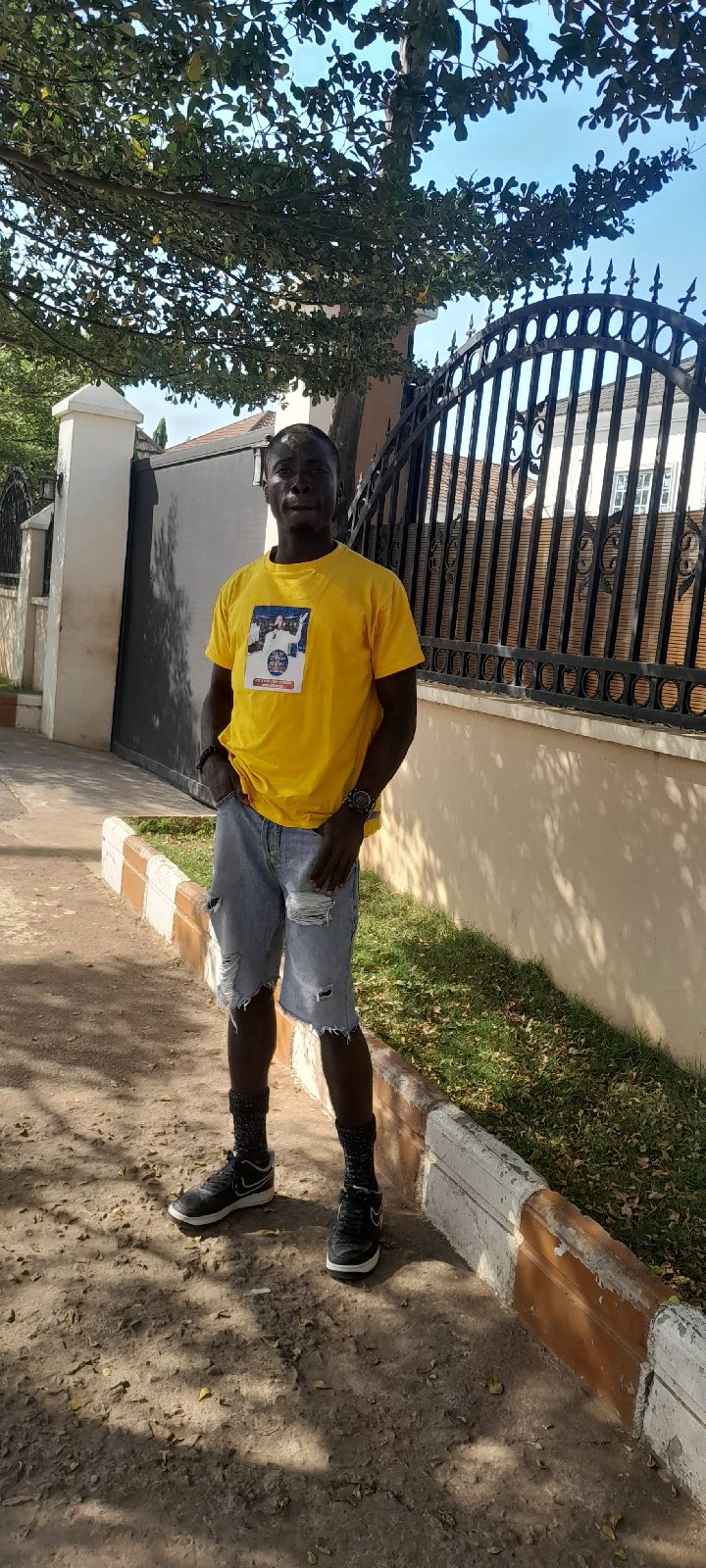NUESA EXCLUSIVE: We are the next generation;join the Garrisons now
Published Date:
Feb 14, 2024
Last Updated:
Join my WhatsApp group now
I had a conversation with one of the first years of the 2024 cohort, she asked a fundamental question: “How can I survive and succeed in this UofA environment?” So I decided to pen something that could be shared with many first years who may learn something from what I put together and potentially benefit from it.
To effectively respond to this daunting task, I had to dig deeper in my personal experience and experiences of those around me as well as existing research. In what follows, I will unpack some of the lessons I learnt, mistakes I did, what worked for me and my friends.
It goes without saying that, for every first year, the transition from high school to university is a serious struggle. It is in this journey that one learns first-hand about the triple challenges of unemployment, inequality and high levels of poverty in our country as they navigate the new space. Higher education in particular has its challenges which include but not limited to funding and accommodation crisis. With regards to funding, it is in this space where time and again the poor have to perform and wear their poverty on their sleeves to prove that they are worthy to be funded by government. The accommodation crisis reminds us that we are landless people hence many of us sleep in hostel common room and Mosque.
Our problems are many, there is also cultural shock of being in a new environment as well as loneliness and fear of being far away from loved ones, particularly for those coming far from the cities. The other challenge is pressure from family, former teachers and friends to perform well. Due to one or some of the challenges aforementioned some students end up dropping out or at times, attempting or committing suicide.
Some of the above challenges are not avoidable, because they are not individual problems, they are resulting from systemic challenges, and they are part and parcel of national crisis of higher education in Nigeria. In my attempt to share a perspective on these matters, and the concern raised by the first year in the quest of her career and pursuit of academic excellence, I wish I could wave a magic wand and solve her problems.
However, I will submit suggestions and recommendations which can potentially be useful and relevant to her and other first years. I hope that this will help them make progress in higher education and eventually change material conditions of their life, families and broader society. The recommendations, suggestions, advices and inputs are provided below for consideration:
• Have a clear thought-out plan that you will follow and are able to adjust if needs be. Sonia Mbowa advice that, “Studying 24/7 is not the way to pass. It is okay to take breaks, in fact breaks are necessary for your functionality, sanity and wellbeing.”
• Read beyond prescribed text books. Reading is cool, it empowers you. You become liberated and knowledgeable and in general become an attractive person beyond your physical appearance.
• Participate as best as you can. Participate in class, ask questions, and attempt answering questions. If you get it right, you will never forget, if you get it wrong, you will know how to do it well next time in a test and an exam.
• Use your academic support systems available at your campus. Use your tutors and humble comrades, ask them questions, consult with your lectures, and constantly seek guidance and advice and past study materials from your mentors. All these people have walked the path you are on. ‘Ask and you shall be given.” You may also consider having study group. This was also emphasized by Clare Chibuzor who recommended that, “in preparation for tests and exams, study with other students.” She attributes group discussions to the progress she made at university. Jane Bwala also advice on the same matter, she says that, “I wish I knew that studying as a team and creating relationships on campus is better than thinking you can do it on your own like high school.
• Start thinking beyond your degree qualification- attend events to grow and develop relationships and networks. Apply for vacation work and internship to learn skills and to gain experience. Justice Udoka mentioned that “although academic remained a priority all the time, he also took odd jobs which taught him a lot of skills and helped him to have a good CV.”
• Do not be a starring and die alone. If things get tough, seek advice and help. Do not wait for the boat to sink. The sooner you reach out for help, the higher the chances of you avoiding academic exclusion and going home without your qualification. Use the counselling clinic if need be.
• Strive for and achieve academic excellence. It will open doors for postgraduate studies, bursaries and scholarships as well as employment opportunities.
• Join a campus program to hone your leadership skills and grow to be a holistic graduate. Join Garrisons today
I hope the above will assist you negotiate the new space you find yourself in. There are other lessons too. Those lessons you will learn for yourself. The best thing to do is to find joy in your journey of becoming, be a student of life and work towards transforming our society for the better. The story is still unfolding, the best is yet to come and the best pages of our lives are yet to be written.

 Sinach
Sinach





